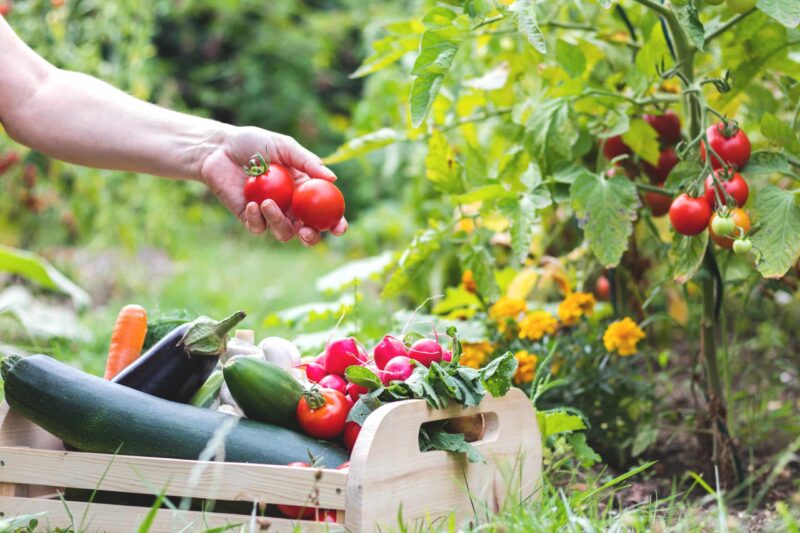As summer rolls in, it’s time to get your hands dirty and start your vegetable garden. But let’s be real, gardening isn’t always easy. From unpredictable weather to pesky pests, there are challenges to overcome. In this guide, we’re sharing some practical tips to help you make the most out of your garden. So, in the meantime, grab your garden supplies and let’s get started!
Selecting the Right Plants
Before diving into the dirt, consider the climate and available space in your garden. Opt for vegetable varieties that thrive in your region during the summer months. Heat-loving plants like tomatoes, peppers, cucumbers, and zucchinis are excellent choices for warmer climates, while leafy greens such as lettuce and spinach appreciate some shade during scorching afternoons.
Preparation is Key
Prep your garden beds by loosening the soil and adding compost or organic matter to improve drainage and soil structure. Weed diligently to prevent unwanted competition for nutrients and water. Mulching around plants can help conserve moisture and suppress weeds while also regulating soil temperature.
Water Wisely
Adequate watering is crucial for healthy plant growth, especially during the hot summer months. Water deeply and less frequently to encourage robust root development. Early morning watering minimizes evaporation and allows foliage to dry, reducing the risk of fungal diseases. Consider investing in a drip irrigation system or soaker hoses for efficient water delivery directly to the root zone.
Sunshine & Shade Balance
While sunlight is essential for photosynthesis, excessive heat can stress plants. It’s crucial to provide shade during the hottest part of the day, especially for heat-sensitive vegetables like lettuce and spinach. You can utilize garden supplies like a shade cloth or plant taller crops to create natural shade for smaller plants.
Feed Your Garden
Just like humans, plants require nutrients to thrive. It’s essential to regularly feed your vegetable garden with a balanced fertilizer or organic amendments to replenish essential nutrients depleted from the soil. Compost tea is an excellent natural fertilizer that enriches the soil with beneficial microorganisms, promoting healthy plant growth.
Practice Pest Management
Keep a vigilant eye on your garden for signs of pests and diseases. Introduce beneficial insects like ladybugs and lacewings to control aphids and other harmful pests naturally. Companion planting, where certain plants are grown together to deter pests or attract beneficial insects, can also help maintain a healthy ecosystem in your garden.
Harvest Regularly
It’s important to stay on top of harvesting to encourage continuous production and prevent vegetables from becoming overripe or attracting pests. Regular harvesting also promotes branching and new growth, ensuring a bountiful harvest throughout the summer season.
Find Garden Supplies and More at Sunny Valley Farms!
Whether you’re looking for plants, garden supplies, or other garden items, Sunny Valley Farms has everything you need! To explore our inventory, check out our online shop or stop in and shop with us today!


